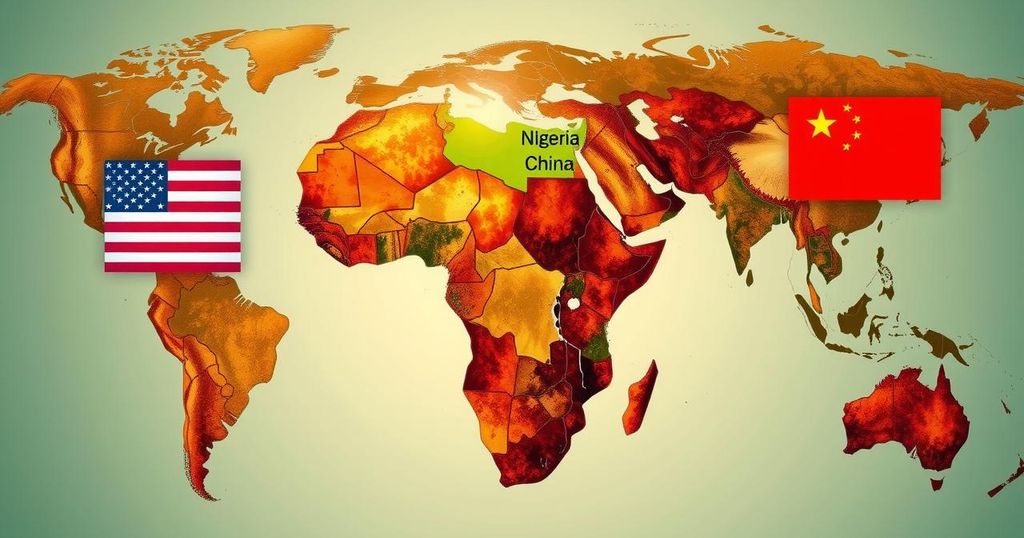Namibia has elected its first female leader, Vice President Netumbo Nandi-Ndaitwah, who won 57% of the vote in the presidential election. Despite opposition claims of electoral issues, her party SWAPO retains power. Nandi-Ndaitwah’s victory represents a major milestone for gender inclusivity in leadership roles within the nation’s history while raising questions about the electoral process.
Namibia has made history by electing its first female leader, Vice President Netumbo Nandi-Ndaitwah, who emerged victorious in the recent presidential election. She secured approximately 57% of the votes, enabling her ruling SWAPO party, which has dominated Namibian politics since the nation’s independence, to maintain its long-standing hold on power. Despite opposition claims of electoral irregularities, including insufficient ballot papers and technical difficulties at polling stations, SWAPO managed to retain its parliamentary majority amidst a growing sentiment for change in the region.
The historical election of Netumbo Nandi-Ndaitwah marks a significant milestone for Namibia, a country that has been governed by the SWAPO party for 34 years. This event follows her appointment as Vice President after the passing of former President Hage Geingob. The electoral process faced scrutiny due to logistical challenges, prompting criticisms from opposition parties who also highlighted the low voter participation resulting from these issues. This election occurs against a backdrop of political shifts across Southern Africa, where established parties have recently lost power.
In conclusion, Namibia’s electoral outcome underscores a landmark achievement for gender representation in leadership while simultaneously illustrating the inherent challenges faced within its electoral processes. As Vice President Netumbo Nandi-Ndaitwah takes office, the backlash from opposition parties may serve as a catalyst for discussions on electoral reforms in the nation. The complexities surrounding this election highlight the delicate balance between maintaining political stability and ensuring democratic integrity.
Original Source: abcnews.go.com




